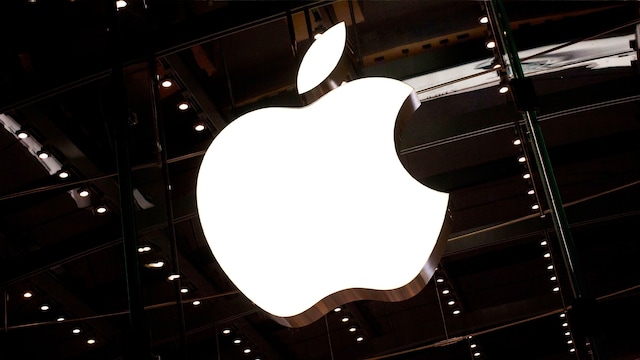
Apple is facing a major tax bill in the EU, to the tune of 13 billion euros or roughly $14 billion. Apple was accused of artificially reducing its tax liability to as low as 0.005 per cent in 2014. After a lower tribunal found in Apple’s favour, an advisor to CJEU suggests that the order be reversed
In a potentially major setback for Apple, the tech giant may be on the hook for a tax bill of more than 13 billion euros or roughly $14 billion after an adviser to Europe’s highest court suggested that the lower tribunal, which previously ruled in favour of Apple, made legal errors and should reexamine the case. This development poses a potential setback for the tech giant.
The EU’s case against Apple was a part of Margrethe Vestager’s efforts to combat what regulators deemed unfair state aid provided by EU countries to multinationals. The European Commission’s 2016 decision contended that Apple had benefited from two Irish tax rulings for over two decades, artificially reducing its tax liability to as low as 0.005 per cent in 2014.
In 2020, the General Court upheld Apple’s challenge, asserting that regulators had failed to meet the legal standard necessary to prove that Apple had enjoyed an unfair advantage.
Related Articles
Advocate General Giovanni Pitruzzella at the EU Court of Justice (CJEU) has recommended that the CJEU judges overturn the General Court’s ruling and send the case back to the lower tribunal. He noted that the General Court had committed a series of legal errors and had not correctly assessed the substance and consequences of certain methodological errors identified in the Commission’s decision regarding the tax rulings.
While this is a non-binding opinion, the CJEU typically follows four out of five such recommendations. The final ruling on the case is expected in the coming months, and it will have significant implications for Apple’s tax obligations in the EU.
(With input from agencies)


